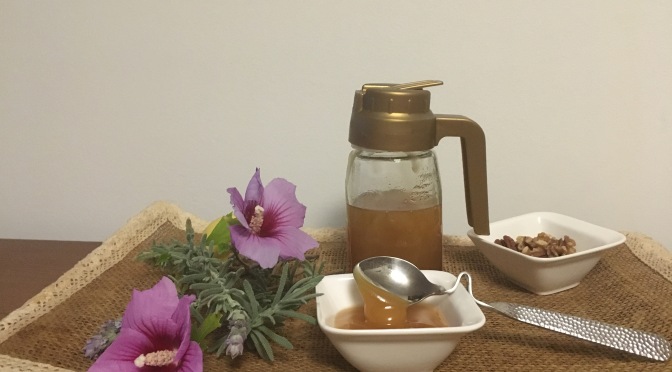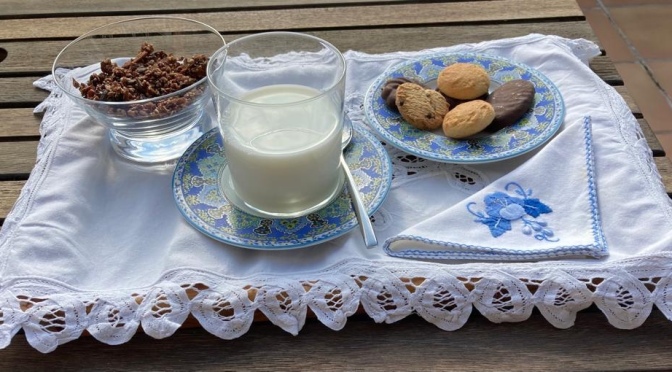As we stand on the beginning of spring, nature awakens in a burst of life and colour. Bees, the architects of biodiversity, take centre stage in this rebirth. Their tireless work not only nurtures the fabric of wildlife but also sustains the thread of our own existence.
Almond trees, adorned with delicate white and pink flowers, offer one of the first signs of spring. These plants are pollinated by bees and are crucial to produce almonds, a vital resource not only for humans but also for species like the Iberian lynx. Almonds are part of the diet of various small animals, whose existence is critical in the food chain, indirectly impacting the survival of larger predators like the lynx. Without bees, almond pollination would be significantly less effective, jeopardizing the availability of this essential nutrient in the interconnected net of life.
Beekeepers play a fundamental role in maintaining this natural balance. Their dedication and effort in hive maintenance not only protect bees but also ensure the continuity of pollination, a key ecological function. By supporting beekeepers, we sustain the survival of countless species, including our own, and promote the health of our ecosystems.
At the intersection of spring, with its renewal and hope, bees emerge as silent guardians of our world. Their work not only weaves the biodiversity of our planet but also sustains the intricate net of life that encompasses us. By caring for bees and supporting beekeepers, we embrace a future where nature and humanity succeed together.






















